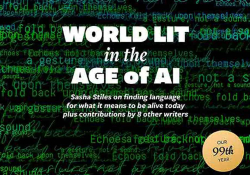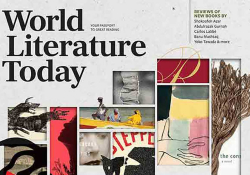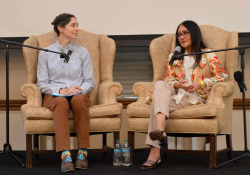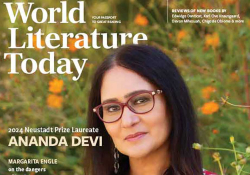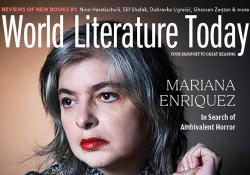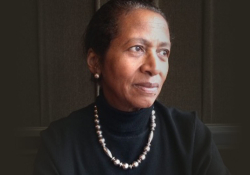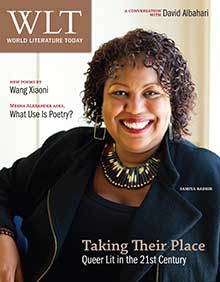Three Questions for Abdellah Taïa
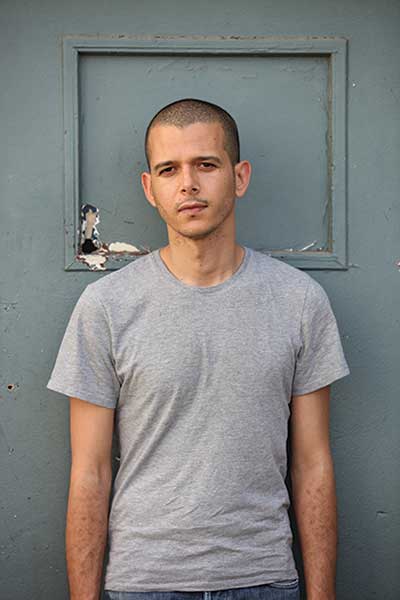 Daniel Simon The themes of “Turning Thirty” have an archetypal feel to them—sickness, death, rebirth, forbidden love, truth, happiness, naming, freedom, madness, fear, solitude. Do you equate truth with unhappiness?
Daniel Simon The themes of “Turning Thirty” have an archetypal feel to them—sickness, death, rebirth, forbidden love, truth, happiness, naming, freedom, madness, fear, solitude. Do you equate truth with unhappiness?
Abdellah Taïa Around me and within me, my sense of dissatisfaction is permanent. And a certain kind of sadness, unhappiness, and eternal solitude often accompanies it. I don’t control those feelings: they overrun [invade] me despite myself. In an objective sense, however, it is often this type of doubt, this abjection, this collapse that provides revelations—and writing: one ends up understanding things. From being alone, self-isolating, and plunged into the past, truth emerges—a truth that wants to be released, written, transformed.
DS The doctor tells Abdellah, who has been electrocuted, “You have a strong heart, a heart for life.” By the end of the story, Abdellah (whose name means “servant of God”) envisions himself feeling “comforted, lighthearted, free.” Are you drawing on a Moroccan or Islamic myth of resurrection or liberation here?
AT I think I am talking only about a personal resurrection here. But I must confess that the only thing I find beautiful in myself is my full name: Abdellah (the slave of God, Allah) Taïa (the obedient). I like the sound of these two names and I like their meanings and I like what they say through me, through my text, my voices. I am much more attached to Arab culture than to Western culture.
DS At the end of the story, your narrator says: “This other world will certainly exist in my forties. I imagine it. Each day I create a long movie about it.” As you turn forty this year, has the world Abdellah envisioned become a reality for you?
AT I just finished working on my first feature-length movie: an adaptation of my novel Salvation Army. The film will come out in France in early 2014. As a person, I am still totally alone, I have not yet found love. Love that saves and allows one to be. Quite simply to be.
July 9, 2013
Abdellah Taïa (b. 1973, Rabat) is the first Moroccan and Arab writer to publicly declare his homosexuality; his story “Turning Thirty” appears in the September 2013 cover feature of WLT, “Taking Their Place: Queer Lit in the 21st Century.” Editions du Seuil has published five of his books, including L’armée du salut (2006; Eng. Salvation Army, 2009), Une mélancolie arabe (2008; Eng. An Arab Melancholy, 2012), and Lettres à un jeune marocain (2009). His novel Le jour du Roi was awarded the prestigious French Prix de Flore in 2010, and his latest novel, Infidèles, came out in 2012. Taïa’s work has been translated into several languages, and he also appeared in Rémi Lange’s film The Road to Love (2001), and a feature-length movie adaptation of his novel L’armée du salut will debut in France in early 2014. Semiotext(e) is his American publisher.
